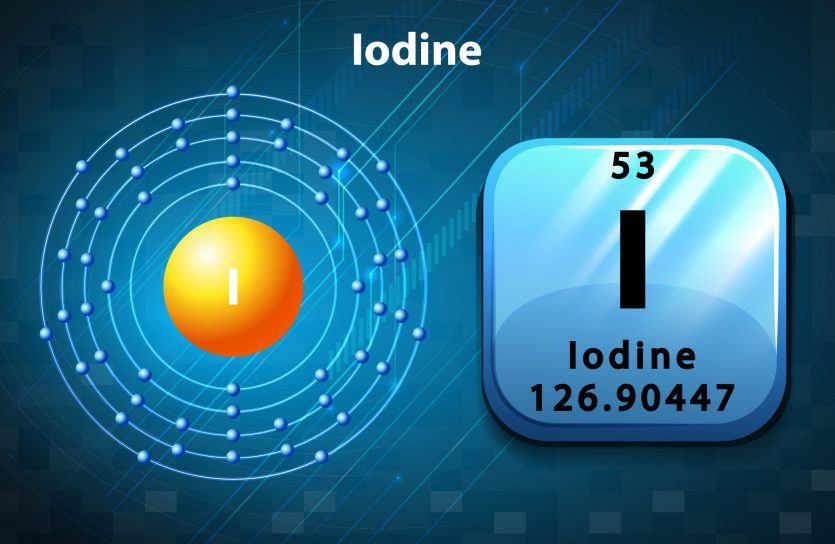If I am allergic to iodine, can I take supplements?

Iodine is a constituent of the thyroid hormones thyroxine (T4) and triiodothyronine (T3) and is an essential mineral in human nutrition. Iodine deficiency results in syndromes known as Iodine Deficiency Disorders (IDD), and in the case of extreme deficiency, goiter. Deficiencies of the thyroid hormones have many effects, including thyroid gland enlargement, congenital and developmental defects, poor growth, and mental retardation.
Except for rare instances of hypersensitivity to iodine (note that this is not the same as an allergy), humans are remarkably tolerant to high intakes of iodine. However, excessive supplementation (at least 2,000 mcg per day) may cause or exacerbate acne in some individuals. Kelp as a dietary supplement or fast foods containing high levels of iodized salt may deliver sufficient iodine for this adverse effect.
Many people who have had allergic reactions to seafood or x-ray solutions may have been told that it is the iodine component that they are allergic to, which is not very probable. The radiology solutions and foods that contain iodine have many other components (allergens) that are more likely to cause these types of reactions. If dietary iodine were truly the cause, one could not eat any foods containing iodine. Since so many foods contain small amounts of iodine it would be very difficult to avoid it completely. Of course, if you did avoid iodine completely, you would be faced with the deficiency problems discussed previously.
Some of the foods commonly containing dietary iodine and their iodine content per serving are as follows: dried beans -115 mcg, shrimp – 35 mcg, spinach – 56 mcg, vegetables – 30 mcg, milk – 56 mcg, eggs – 24 mcg, whole grain wheat – 9 mcg; smaller amounts are found in other grains, beef, rice, and even fruits.
If you have been told to avoid supplemental iodine because of a medication you are taking or because of a thyroid condition, please discuss the use of dietary supplements containing iodine with your health care provider.


